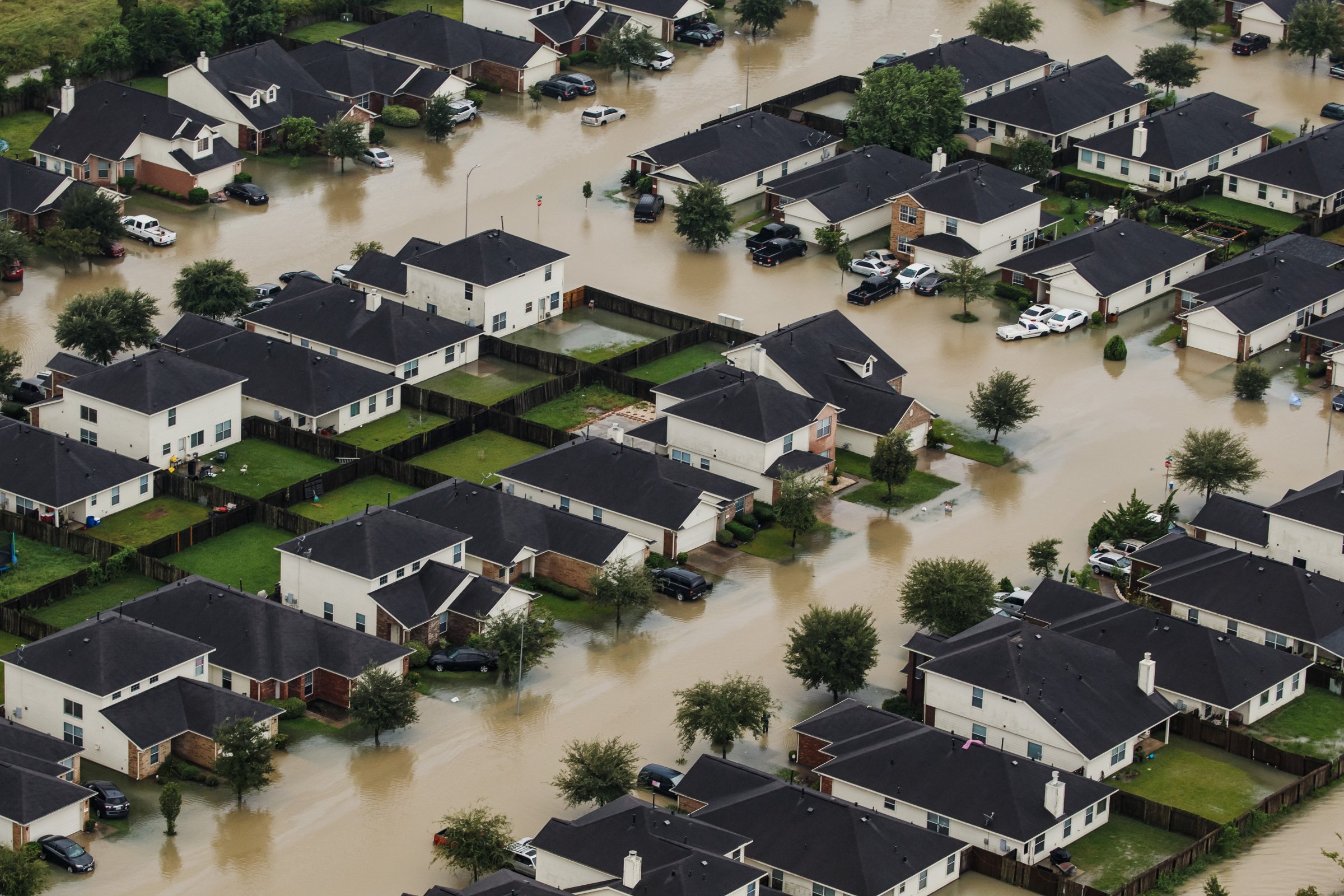
People in the southeastern United States are preparing for Hurricane Irma this week as it barrels toward the coast, and part of that involves getting their homes ready for the storm.
One of the most important steps you can take to protect yourself in a hurricane is to secure and board up your windows. There are typically three ways to protect windows, according to Julie Rochman, president and CEO of the Insurance Institute for Business & Home Safety (IBHS).
The first is to have wind-resistant or hurricane windows. These need to be custom fit and will prevent wind from blowing water around the windows of your home. The second option is pre-cut panels made of metal or fabric. These are lighter weight, but also need to be ordered ahead of time — so in a situation like Irma, it may be too late.
“If you’re in a hurry and don’t have a professional you can get a hold of,” Rochman says, “plywood is probably your best option.”
When boarding up windows with plywood, there are a few important things to know. First, you’ll need panels the right size and thickness. The Federal Alliance for Safe Homes (FLASH) recommends buying sheets that are at least 5/8 inch thick, and Rochman agrees, saying 1/2 inch is too thin.
Make sure to measure your windows and take those to a store to get the plywood cut, or cut it yourself if you have the tools. You’ll also want to check that the wood hasn’t warped if you’ve been keeping it in the garage or attic. And the wood should be screwed or bolted onto the side of your house, not just taped, says Rochman.
The bottom line is that you want to do whatever you can to prevent windows and doors from breaking, because that’s when water can get into the house. “If you can see air around the windows and doors, that’s where the water will come in,” Rochman says.
Another way to solve this is by caulking around windows and putting sandbags under doors. If all these methods fail, Rochman recommends people move away from the openings and find a room without windows. Another important tip for this worst-case scenario is to close all internal doors, which will help compartmentalize pressure and prevent wind from whipping through the house and pushing up on the roof.
As the hurricane approaches, contractors may be overwhelmed with requests to help people secure their homes. So if you’re searching for more information to prepare on your own, make sure to look out for official sources. Organizations like IBHS and FLASH have hurricane preparedness guides online and the Department of Homeland Security has information at ready.gov.
More Must-Reads from TIME
- How Donald Trump Won
- The Best Inventions of 2024
- Why Sleep Is the Key to Living Longer
- Robert Zemeckis Just Wants to Move You
- How to Break 8 Toxic Communication Habits
- Nicola Coughlan Bet on Herself—And Won
- Why Vinegar Is So Good for You
- Meet TIME's Newest Class of Next Generation Leaders
Write to Abigail Abrams at abigail.abrams@time.com